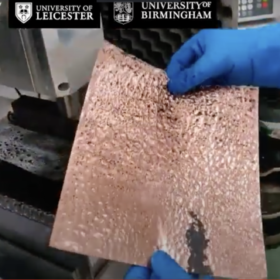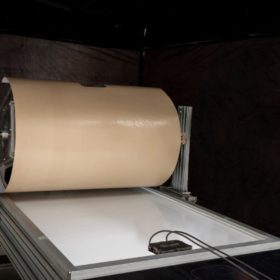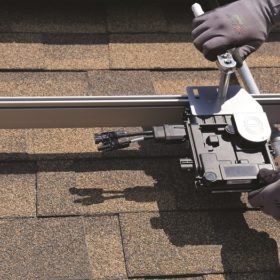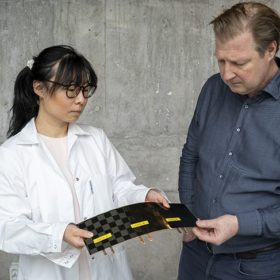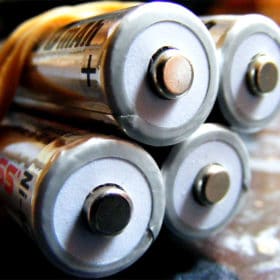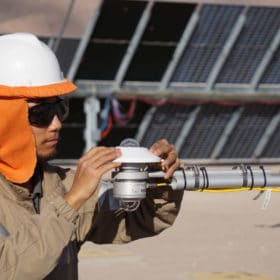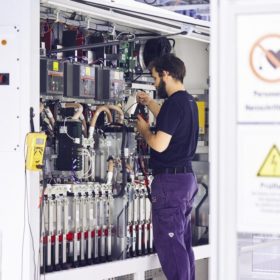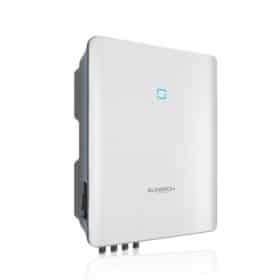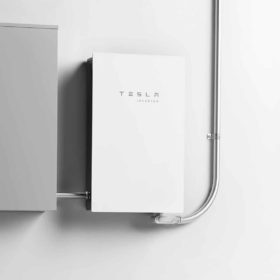From toothbrushes to saving the planet: How ultrasonic delamination could hold the key to battery recycling
The use of ultrasonic sound waves has been applied to battery recovery. Researchers from the ReLiB project at the U.K.’s Faraday Institution say the process has already proven to be 100 times faster than conventional approaches. It is also much more sustainable and less energy intensive.
A repair tape for cracked backsheets
Backsheet failures have plagued the industry, causing hefty financial burdens to many asset owners. DuPont has launched a product it says allows for easy repair of modules.
Saturday read: the more you know
Module-level power electronics, most often in the form of power optimisers and microinverters, offer a range of value propositions, including advanced monitoring capabilities. But how much can the little box behind the module really see, and how much do operators actually need to know to keep a power plant running optimally?
‘Massless’ battery breakthrough for lightweight EVs
A new type of carbon fibre and electrolyte matrix stunned scientists when they tested its properties. Their ‘structural’ battery could be used in electric vehicles and could even address the weight problems that bedevil devices planned for electric-powered flight.
Battery costs have fallen 97% since 1991, claim MIT researchers
Academics reviewed the historic price development of lithium-ion batteries and found the accepted model does not accurately reflect the full cost decline and technological improvement which has taken place. With more data points to compare, the team found batteries had improved even more than previously assumed.
Location-dependent performance model for bifacial installations
Bifacial PV modules and single-axis trackers go well together, but a global research team has now noted that a comprehensive location-dependent performance analysis still has yet to be done. Their findings could help to determine the right plant setups in different locations throughout the world.
Solid-state batteries in space
Japanese scientists are about to launch solid-state batteries into space.
Weekend read: Current developments
The incremental improvements achieved each year in solar are usually relatively small, and improvements to one component can easily be accommodated by the rest of the system. But every so often, a bigger change comes along, with implications that will ripple up and down the supply chain.
Sungrow launches second generation inverter in Australia
Chinese solar inverter giant Sungrow has taken the first step towards increasing its Australian market share in 2021 with the launch of its second generation three-phase residential inverters.
Tesla launches solar inverter
The EV manufacturer with big solar ambitions has finally leveraged its expertise in power electronics technology and launched a solar inverter.

